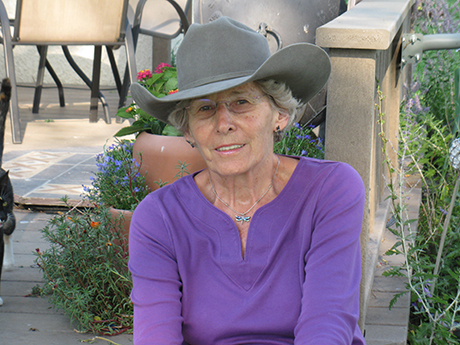My friend’s grandma used to say, “The hurrier I go, the behinder I get.” My own grandma said that too. Most of us can recall sayings our parents or grandparents used in order to make a point. The reason we remember is that they said those things so often.
“You can catch more flies with honey than vinegar.” Wear clean underwear in case you are ever in an accident.” “There’s a reason you have two ears and one mouth.” “If you can’t say something nice, don’t say anything at all.” “Haste makes waste.”
One of my grandmas was always “fixing” to do something—bake a pie or go “over town.” The other one was city bred, and insisted women shouldn’t go downtown without a hat and gloves.
Dad said, “Figures don’t lie, but liars can figure.” When I visited a friend’s house, Mom warned me, “Don’t be a bother.” Those last two were hard wired in me. I’m immediately suspicious of plans to spend taxpayer’s money and often stay quiet when I should speak up. People pleasing is dishonest, but it’s hard being true to oneself. “Calling a spade a spade” is important, although generally unpopular.
Repetition is a powerful tool. Do modern parents recite nursery rhymes and read fables to their kids? Many of our common expressions came from those, but a child who never hears them won’t understand a lot of what is being said.
Grammar and spelling apparently aren’t taught the way they used to be because much of what’s printed contains errors that would have earned me a lecture in grade school. “I before E, except after C, or sounded like A, as in neighbor and weigh.” “You don’t lay down, unless you are going to lay an egg. You lie on a bed.” When common mistakes are written or spoken, a lot of folks will never know what is correct.
Many of those old teaching tools rhyme. That’s why it’s easy to remember the words to a song. Back when few people had access to books, and many were illiterate, oral repetition was how learning was passed on. Folks memorized whole passages of Shakespeare or other classics. For those who lived lives of isolation or traveled a lot, entertainment was often in the form of recitations of poems or folk tales around a campfire, or in small community gatherings.
We’re just back from a gathering of cowboy poets and musicians. After many years of participation in such affairs, it’s more like a family reunion. Most of the presenters have committed their work to memory, along with classic poems by Banjo Patterson, Robert Service, Henry Herbert Knibbs, or Badger Clark. For listeners, it’s a reminder of who we are and where we come from. It’s common to see lips moving in the audience; older folks who heard those stories and songs recited around the kitchen table or campfire.
Socrates may have been onto something when he said, “When we learn to read, we will forget how to remember.” I’m a fast reader but my retention isn’t very good. Underlining, and notes in margins help. The upside is that I can re-read a book and enjoy it over and over. But the words from those oral traditions often come to me on a sleepless night or while watching a sunset. They help to blot out the bad news that follows us on a daily basis, and is endlessly repeated.
Meet me here next week and meanwhile, do your best. Somebody might like it. I know. I tell you this weekly. That’s because I want you to remember. And me too.

